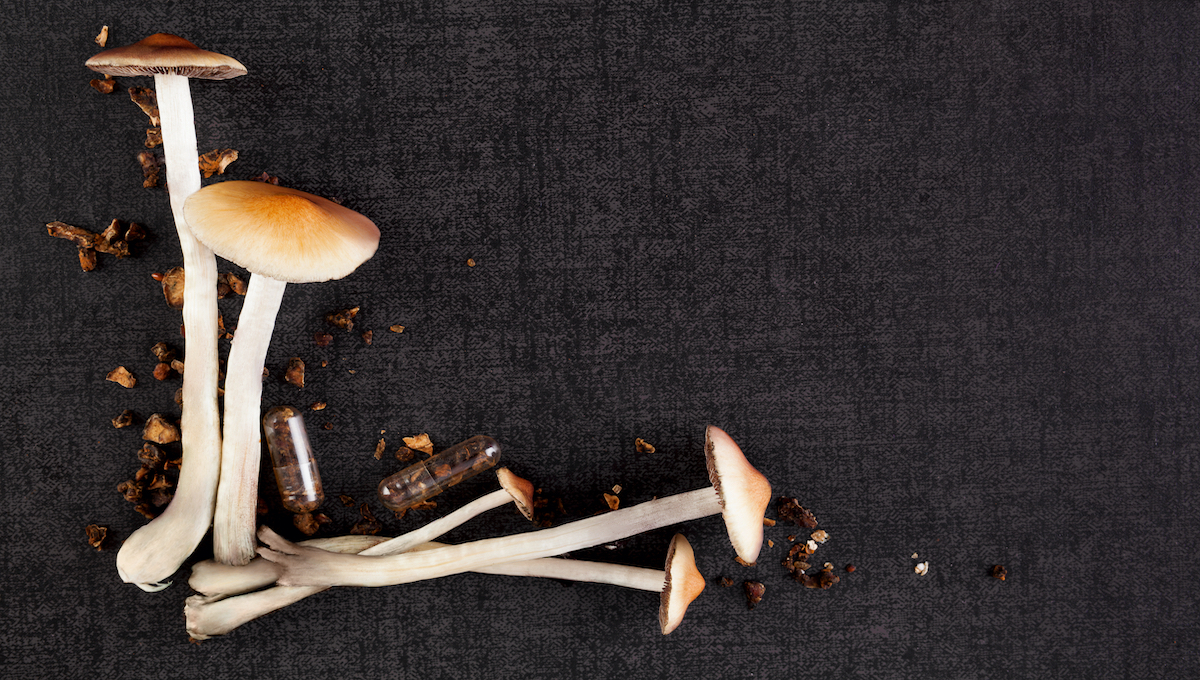As the 4-20 holiday nears, Denver does what it does to remain highest in the land

The Mile High City isn’t about to let any other jurisdiction surpass it and seems always to have something to roll out for the 4-20 holiday. This year the Denver City Council is on the verge of allowing delivery services and consumption clubs for marijuana and going further down the decriminalization road for mushrooms.
Two years ago, a ballot measure decriminalized psilocybin mushrooms and created a citizen review panel. By 50.6 percent of the vote, the ballot measure prohibits Denver from spending any money on the prosecution of anyone found with psilocybin mushrooms in their possession or use.
The winning measure invited law enforcement to join advocates and others on the Denver Psilocybin Mushroom Policy Review Panel. Denver took credit as the first city in the nation to decriminalize “Shrooms.”
Denver’s decriminalization prevents the prosecution of anyone over the age of 18 by the City and County. Psilocybin mushrooms remain illegal in Colorado. And in the United States, the federal Controlled Substances Act lists “magic” mushrooms Schedule I drugs with no medical uses and the high potential for abuse, including side effects or poisoning.
Identifying mushrooms that are not poisonous takes skill. At least 144 species of mushrooms contain the psychoactive ingredient psilocybin, according to a 2005 review in the International Journal of Medicinal Mushrooms.
Latin America and the Caribbean are home to more than 50 species, and Mexico alone has 53. At least 22 species of magic mushrooms are found in North America,16 in Europe, 19 in Australia and Pacific Islands, 15 in Asia, and just four in Africa.
But decriminalization has caught on in a few places since the Denver vote. Oakland, Santa Cruz, and Ann Arbor followed Denver’s trip down the discrimination route. In 2020, Oregon and the District of Columbia followed by adopting friendly “plant and fungus” policies. And so far, in 2021, three Massachusetts towns have passed decriminalization ordinances.
The Denver Review Panel is now back with its first recommendations. It wants the City Council to decriminalize the “sharing and gifting” of magic mushrooms along with whatever goes on with “shrooms” in “medicinal and therapeutic” settings.
As long as mushrooms are on the Schedule I drug list, doing more research into Psiloccybine mushrooms won’t be easy. Psychologist and writer Timothy Leary was associated with magic mushroom studies that occurred amid controversy from the 1960s. More recently, researchers have said mushrooms may be useful in treating various depression and addiction disorders or even post-traumatic stress disorder.
As for the rest of the $-20 agenda at City Hall, cannabis delivery services are qll but certain. City Council is also ready to remove the 220 store cap on recreational sales.
Above the cap, Denver plans to meet the state’s social equity criteria, which will attempt to move the social disadvantaged into the ranks of cannabis entrepreneurs. j
Delivery of weed by third-party vendors will require a “transporter’s license,” according to a spokesman for the city’s Department of Excise and Licenses.
Also off the mushroom policy list is the call for a “co-branded public information campaign to both promote “responsible mushroom use” and a “green light” training program for first responders on harm-reduction techniques for users. It would make Denver the first city with first responders fully trained o psychedelic harm reduction.
(To sign up for a free subscription to Food Safety News, click here.)
